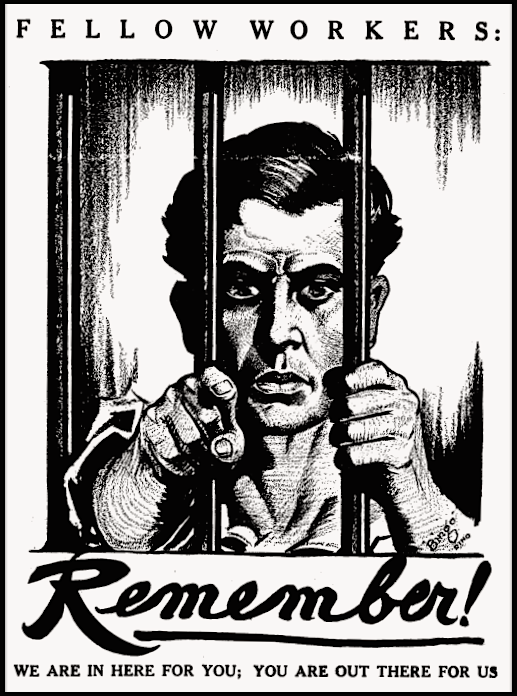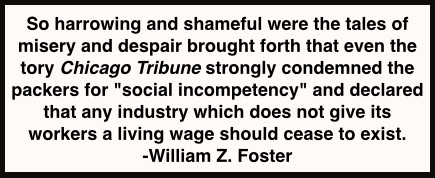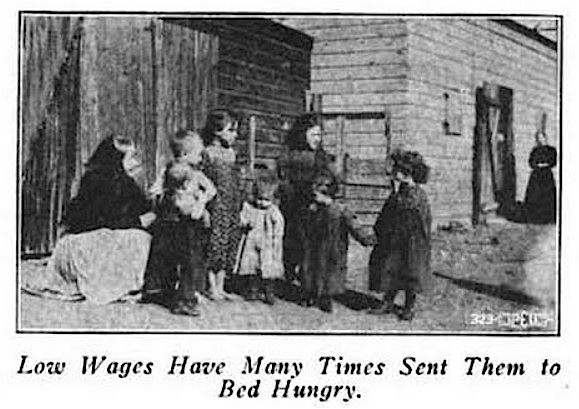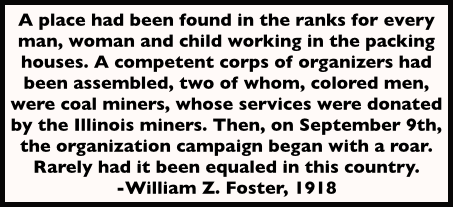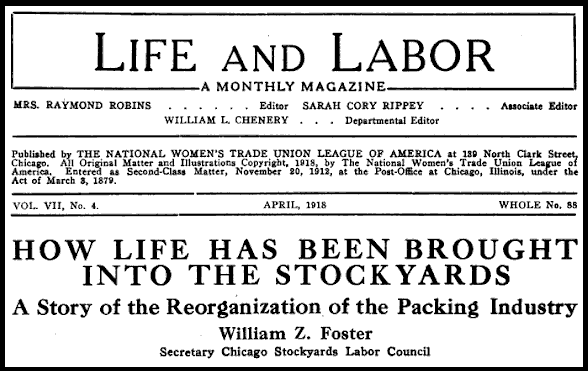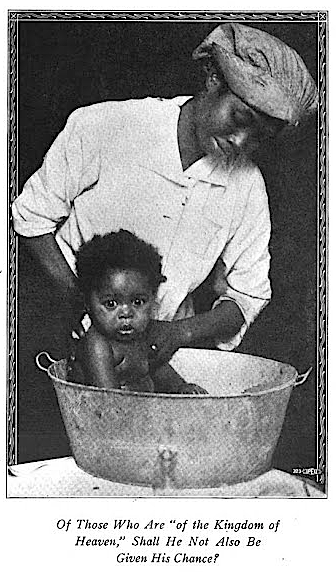Don’t worry, fellow-worker,
all we’re going to need from now on is guts.
-Frank Little
~~~~~~~~~~~~~~~~~~~~~~~~~~~~~~~~~~~~~~~~~~~~
Hellraisers Journal, Wednesday May 22, 1918
Washington, D. C. – I. W. W. to be Target of Sedition Bill
From this morning’s New York Times:
President Signs Sedition Bill
WASHINGTON. May 21, President Wilson today signed the Sedition bill giving the Government wide powers to punish disloyal acts and utterances.
From The Labor World of May 11, 1918:
———
OUTLAWS THE USE AND ADVOCACY OF VIOLENCE
———-
To Bring About Governmental, Social, Industrial or
Economic Reforms-Destruction of “Wabblies” Opens
Opportunities for Labor Unions.
———-
WASHINGTON, May 9.-The bill declared frankly to be aimed against the I. W. W., outlawing organizations which use or advocate violence to bring about “any governmental, social, industrial or economic change,” during the war, was passed Monday by the senate after brief debate and went to the house.
The bill provides that
any association, organization, society or corporation, one of whose purposes or professed purposes is to bring about any governmental, social, industrial or economic change within the United States by the use, without the authority of law, of force, violence, or physical injury to person or property, or by threats of such injury, or which teaches, advocates, defends or advises the use, without authority of law, of force, violence, or physical injury to person or property, or threats of such injury, to accomplish such change or for any other purpose, and which, during any war in which the United States is engaged, shall by any means prosecute or pursue such purpose or professed purpose, or shall so teach, advocate, advise, or defend, is hereby declared to be an “unlawful association.”
It also makes it a felony, punishable by 10 years’ imprisonment and $5,000 fine, for anyone to continue to be a member or agent of such and “unlawful association,” or who shall defend its acts.


